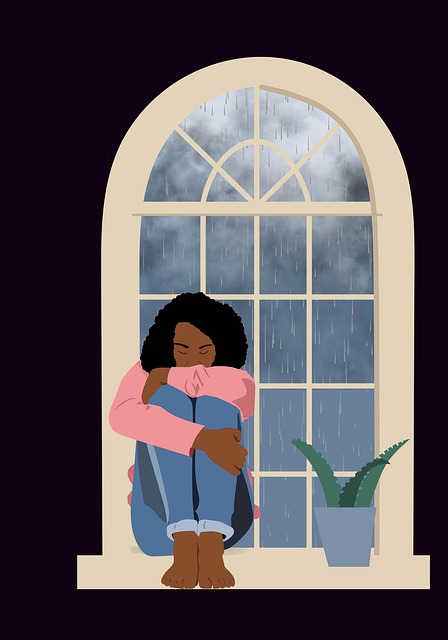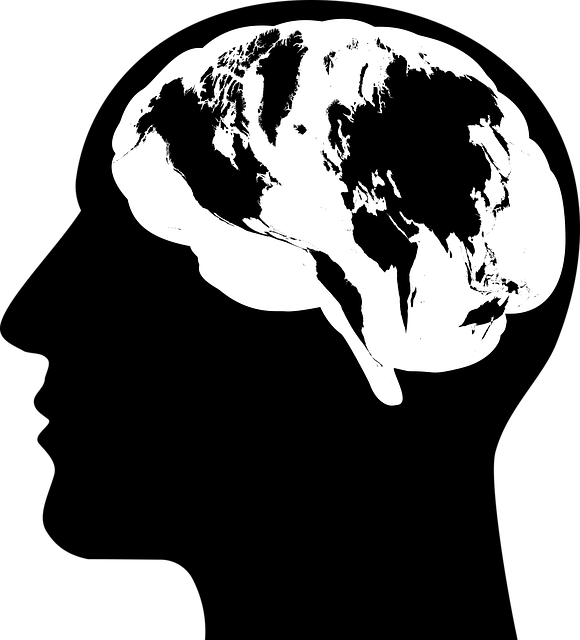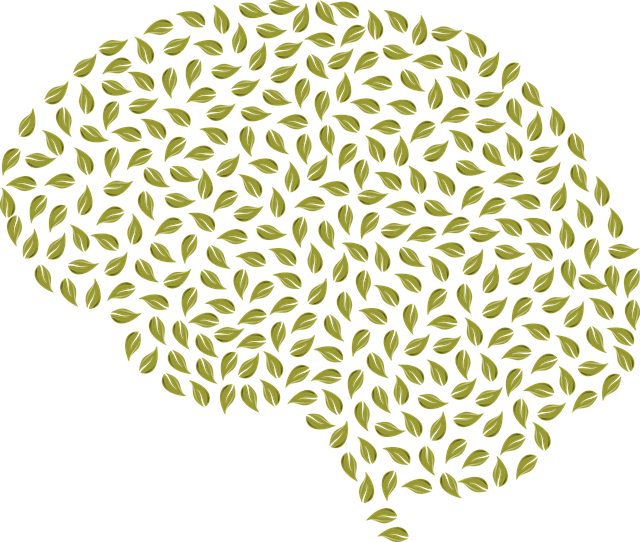The media's portrayal of mental illness significantly shapes societal perceptions, impacting public understanding and support. Positive, accurate representations through initiatives like Highlands Ranch Online Therapy drive awareness, reduce stigma, and encourage help-seeking behaviors. Conversely, negative stereotypes isolate individuals with mental health challenges. Mental Health Education Programs must advocate for responsible storytelling and diverse narratives to foster empathy. Effective communication strategies within media are crucial for creating a supportive environment for all, regardless of mental health status.
In today’s digital age, media portrayal of mental illness significantly influences public understanding. This article delves into the impact of media representation on mental health awareness while exploring the current state of misinformation. We discuss implementing effective solutions and present case studies highlighting successful, positive representations. By analyzing these strategies, we aim to foster more accurate portrayals, ultimately encouraging support for those seeking help, such as those engaging in Highlands Ranch online therapy.
- Understanding the Impact of Media Portrayal on Mental Health Awareness
- The Current State: How Media Often Misrepresents Mental Illness
- Implementing Effective Solutions: Strategies for Positive Change
- Case Studies: Successful Representations and Their Effect on the Community
Understanding the Impact of Media Portrayal on Mental Health Awareness

The media plays a powerful role in shaping societal perceptions and attitudes towards mental health. The way mental illness is represented in films, television shows, and online platforms significantly influences public understanding and support for those struggling with such conditions. Positive and accurate media portrayal can serve as a catalyst for increased awareness, reducing stigma, and encouraging individuals to seek Highlands Ranch Online Therapy or other support systems. Conversely, negative stereotypes and misconceptions perpetuated through media can further isolate and marginalize those living with mental health challenges.
Understanding the impact of these representations is crucial in Mental Health Education Programs Design. By promoting responsible storytelling and advocating for diverse narratives, we can foster a more empathetic society. Encouraging open conversations about mental illness, incorporating effective Communication Strategies, and highlighting emotional healing processes within media content are essential steps towards creating a supportive environment for everyone, regardless of their mental health status.
The Current State: How Media Often Misrepresents Mental Illness

In today’s digital age, media plays a significant role in shaping public perception about mental health. Unfortunately, the current state of representation often falls short, perpetuating stereotypes and misconceptions. Many popular media outlets tend to portray mental illness as either an extreme, rare condition or a mere plot device for dramatic effect, failing to capture the nuances and diversity of real-life experiences. This misrepresentations can lead to further stigma and isolation for individuals struggling with their mental wellness in Highlands Ranch Online Therapy communities.
For instance, depression is frequently depicted as a fleeting phase or a sign of weakness, when in reality, it’s a complex medical condition requiring professional support. Similarly, conditions like anxiety are often exaggerated, showing characters on the brink of panic attacks without offering accurate insights into effective coping strategies such as those provided by Mental Wellness Coaching Programs Development. This kind of portrayal not only distorts the lived experiences of millions but also discourages individuals from seeking help for their depression prevention and stress management needs.
Implementing Effective Solutions: Strategies for Positive Change

In implementing effective solutions for improving mental illness representation in media, a multifaceted approach is crucial. Highlands Ranch Online Therapy offers a pioneering model that combines digital accessibility with personalized care, ensuring individuals from diverse backgrounds can access therapy conveniently. This strategy not only highlights the importance of mental health awareness but also promotes emotional healing processes by breaking down barriers to treatment.
Additionally, incorporating initiatives like Social Skills Training into therapeutic frameworks can significantly enhance representation. By teaching and normalizing open discussions about mental illness, these programs foster inclusive communities that support positive change. Such proactive measures not only enrich the dialogue around mental health but also contribute to more accurate and empathetic portrayals in media, ultimately benefiting everyone, regardless of their personal experiences or struggles.
Case Studies: Successful Representations and Their Effect on the Community

In recent years, the media has played a significant role in shaping public perception of mental illness. Case studies showcasing successful representations have had a profound impact on communities across the nation, including Highlands Ranch Online Therapy. These stories often feature characters grappling with conditions like anxiety, depression, or schizophrenia, but rather than perpetuating stereotypes, they humanize individuals and highlight the potential for recovery. For instance, a fictional narrative that follows a character’s journey through therapy and self-acceptance can inspire hope and encourage those seeking anxiety relief to take proactive steps towards mental wellness coaching programs development.
Such positive portrayals can foster understanding and empathy, leading to more supportive environments for individuals with mental health challenges. This shift in representation encourages open conversations about mental illness, promoting initiatives like social skills training as a means to integrate these individuals back into society. By presenting diverse and accurate depictions, the media can empower communities to break down barriers, reduce stigma, and ultimately, embrace individuals of all backgrounds struggling with mental wellness.
Mental illness representation in media plays a pivotal role in shaping public perception and understanding. By implementing effective strategies, such as those highlighted through case studies of successful representations, we can foster greater awareness and reduce stigma. Highland Ranch Online Therapy stands as an example of how accessible resources can significantly impact mental health support. Through thoughtful storytelling and accurate portrayals, media has the power to revolutionize how society views and addresses mental illness, ultimately leading to more compassionate and inclusive communities.








